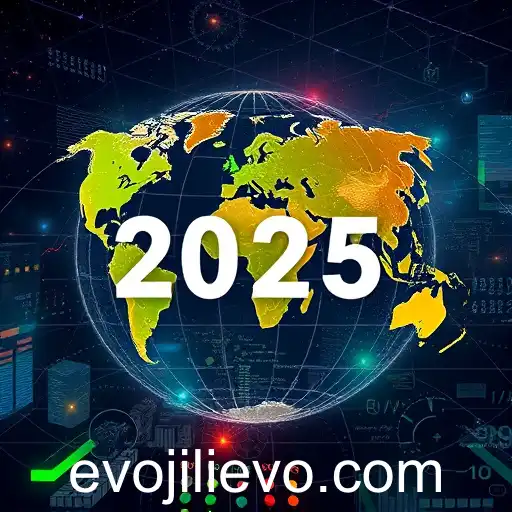
Impact of Technological Advancements on Global Politics

In recent years, the acceleration of technological advancements has significantly influenced global politics and societal dynamics. As 2025 continues to unfold, innovations in artificial intelligence, cybersecurity, and quantum computing are reshaping how nations interact and negotiate power dynamics. This change is largely driven by a need for countries to adapt and integrate modern technologies into their governance and defense strategies.
One of the most pertinent discussions in international political arenas is the role of artificial intelligence in espionage and cyber warfare. This domain has seen unprecedented growth in both capabilities and risks. Nations are increasingly investing in AI-driven technology to enhance their cybersecurity infrastructures, allowing them to preempt and respond to cyber threats more efficiently. Such efforts are critical as the global economy becomes more interconnected, reliant on digital platforms for commerce, communication, and governance.
Another area where technology exerts influence is in the socio-economic landscape. The rise of the gig economy, powered by digital platforms, is reshaping labor markets worldwide. Traditional job sectors are rapidly transforming, demanding new skill sets and creating shifts in employment trends. While this presents opportunities for economic growth, it also raises concerns about job security and workers' rights, prompting governments to devise policies that can accommodate these changes.
Moreover, technological innovation plays a crucial role in addressing global challenges such as climate change. Advances in renewable energy technologies, including solar and wind power, are helping countries reduce their carbon footprints. However, these technologies also require international cooperation in terms of research, development, and implementation, emphasizing the need for political collaboration to tackle environmental issues effectively.
The interplay between technology and politics is also evident in the realm of information dissemination. Social media platforms, often powered by advanced algorithms, continue to be a double-edged sword in shaping public opinion and support for governmental policies. On one hand, they facilitate communication and democratize access to information; on the other, they can be manipulated to spread misinformation, posing threats to democratic processes and electoral integrity.
As we move further into the future, it becomes clear that the challenge lies not just in creating new technologies but also in managing their implications responsibly. Policymakers, tech experts, and civil society must work together to ensure that technological advancements lead to sustainable development that benefits society as a whole, rather than exacerbating existing inequalities.
The debate on the role of technology in global politics is far from over, but what remains evident is its unavoidable influence on the future world's economic, social, and political landscapes.
Jilievo Revolutionizing Online Gaming Experience
Explore how Jilievo is transforming the landscape of online gaming through technological advancements and community engagement.
Jilievo: Revolutionizing the Gaming Landscape
A deep dive into how Jilievo is transforming the gaming industry with cutting-edge technology and innovative strategies.
Jilievo's Impact on the Gaming World
Exploring Jilievo's influence in the evolving landscape of gaming websites.
 Skip to content
Skip to content





